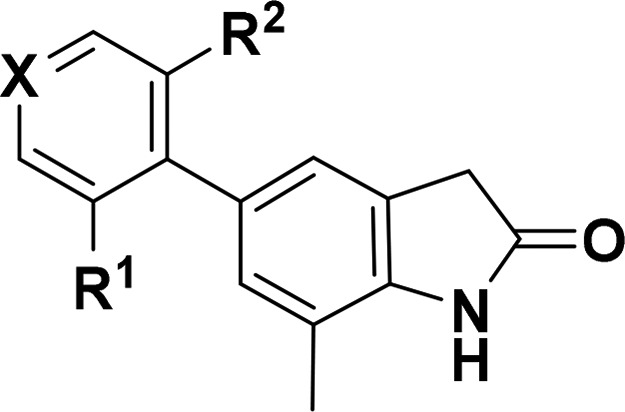Table 4. SAR and in Vitro ADME/DMPK Data for Disubstituted 5-Aryloxindoles.

| Cmpd | X | R1 | R2 | GluA1/γ-8 pIC50a | GluA1/γ-2 pIC50b | GSH adductc | HLM/RLM stabilityd | MDCK-MDR1e (B-A)/(A-B) | solubility (SGF/FaSSIF)f | PPB,fub (h/r)g | BTB,fub rath | cLogP | LLE |
|---|---|---|---|---|---|---|---|---|---|---|---|---|---|
| 18 | CH | Cl | OCF3 | 9.7 ± 0.3 | 5.0i | No | 0.5/0.4 | NDj | <4/55 | 0.3/0.6 | 0.4 | 4.2 | 5.5 |
| 19 | N | Cl | OCF3 | 8.6 ± 0.3 | <5 | No | <0.3/0.5 | 51/44 | 11/45 | 4.4/6.0 | 1.4 | 3.2 | 5.4 |
| 20 | N | Cl | OCF2H | 8.1 ± 0.2 | <5 | No | <0.3/0.4 | 66/34 | 140/64 | 11/8.6 | 4.8 | 2.6 | 5.4 |
pIC50 measured in FLIPR assay using HEK-293 cells expressing a human GluA1o-γ-8 fusion construct; all data are the result of at least three assays run in triplicate with the mean value and standard deviation reported.
pIC50 measured in a FLIPR assay using HEK-293 cells transiently expressing human GluA1o cotransfected with γ-2 (n = 1, run in triplicate).
Compounds were incubated for 1 h in human liver microsomes supplemented with glutathione (GSH) and NADPH.
Stability in human and rat liver microsomes at 1 μM; data are reported as extraction ratios, where the predicted hepatic clearance is divided by the species-specific hepatic blood flow.
Apparent permeability (× 10–6cm/s) in Madin–Darby canine kidney cells transfected with the MDR1 (P-gp) gene.
Thermodynamic solubility (μM) in simulated gastric fluid (pH = 1.6) and fasted state simulated intestinal fluid (pH = 6.5).
Human and rat plasma protein binding reported as fraction unbound (fub) at 1 μM.
Rat brain tissue binding reported as fraction unbound (fub) at 5 μM.
Calcium-flux data for 18 with related GluA/TARP constructs are shown in Supplementary Table S1.
Not determined due to low compound recovery. Details of all assay conditions are provided in the Supporting Information.
